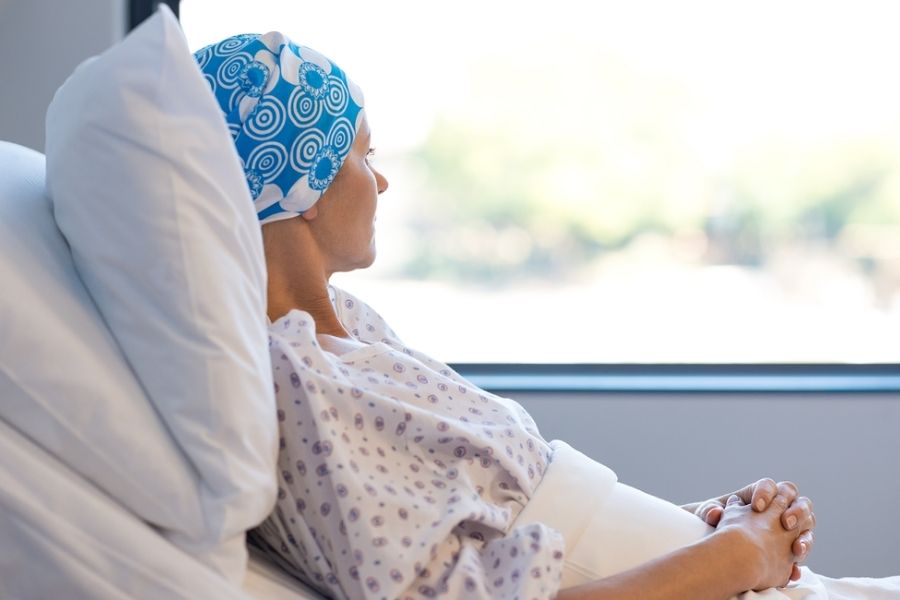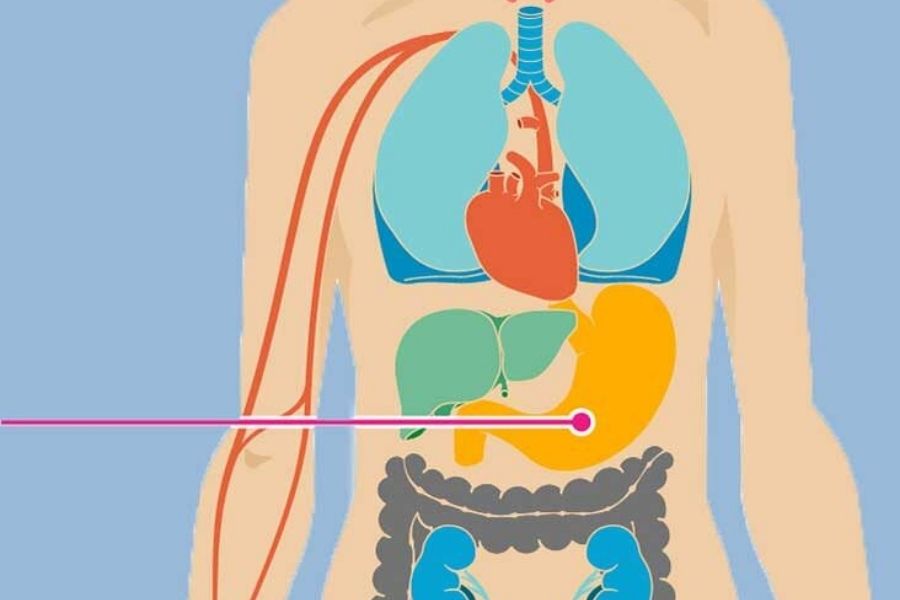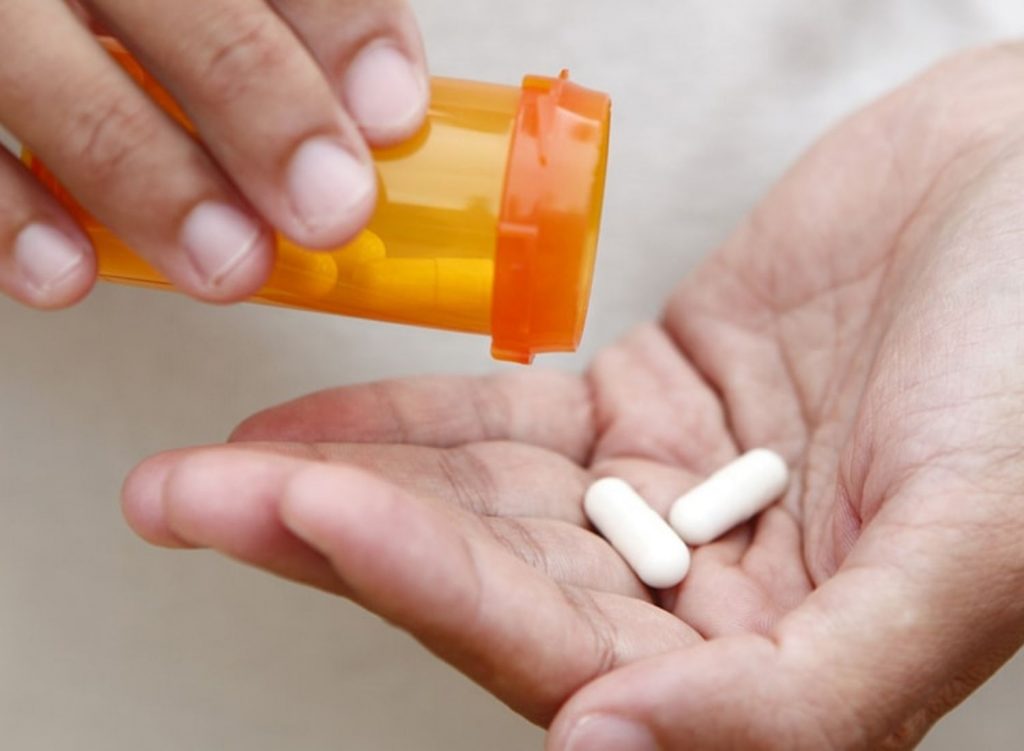Various chemotherapy drugs are used for the treatment. The medications can be utilized alone or in a mix to treat a wide assortment of tumors. Chemotherapy is an effective and popular way to treat many forms of cancer, but there is also the risk of side effects of chemotherapy drugs. The side effects can vary from mild and treatable to severe and fatal. It’s important to know how these medications can impact the body’s major systems.
Side effects of chemotherapy drugs can be important. Every drug has different side effects, and not every drug causes side effects. You can ask your oncologist about the side effects of the medications, which are prescribed to you.
Common Side Effects Of Chemotherapy Drugs

- Nausea
- Vomiting
- Diarrhea
- Loss of hair
- Appetite loss
- Fatigue
- Fever
- Mouth sores
- Pain
- Constipation
- Easy bruising and bleeding
Many of these side effects of chemotherapy drugs can be avoided/treated. Chemotherapy drugs can also cause long-lasting and late-developing side effects, which can occur after months or even years after the treatment. These can include damage to lung tissue, heart tissue, nerves, kidney, and infertility.
Side Effects Of Chemotherapy Drugs
1. Circulatory And Immune System

Monitoring a normal blood count is a vital aspect of chemotherapy. This is because drugs can damage cells in the bone marrow, where red blood cells (RBCs) are made. You can experience anemia without enough red blood cells to bring oxygen to your tissues. Chemo will decrease the white blood cell count as well. White blood cells have a significant function to play in the immune system. They help avoid diseases and combat infections.
Symptoms aren’t always apparent, so you may find yourself getting sick more frequently than you used to. Be sure to prevent exposure to viruses, bacteria, and other germs while you are taking chemo. Cells are called platelets to help with blood clotting. Lower platelet count (thrombocytopenia) means that you will be expected to bruise and bleed easily. Symptoms involve large amounts of nosebleeds, diarrhea or stool blood, and extreme menstruation. Lastly, certain chemo drugs can damage your heart by weakening your heart muscle (cardiomyopathy) or interrupt your heart rhythm (arrhythmia).
These factors may influence your heart’s ability to pump blood efficiently. Some chemo drugs may also increase the risk of a heart attack. These complications are much less likely to arise when your heart is healthy and stable before we begin therapy.
2. Nervous And Muscular System

The central nervous system regulates thoughts, thinking habits, and balance. Chemotherapy drugs can cause cognitive impairment or create difficulties to focus or think clearly. This symptom is often referred to as “chemo fog” or “chemo brain.” This severe cognitive disability can go away after treatment or can last for years. Extreme cases may even contribute to the existing emotional stress.
Some chemo drugs can also cause:
- pain
- weakness
- numbness
- peripheral neuropathy (tingling sensation in hands and feet)
3. Affect Digestive System

One of the most common side effects of chemotherapy drugs is a digestive problem. Dry mouth and mouth sores that develop on the tongue, lips, gums, or throat can make it hard to eat and drink. Your oral wounds may make you more susceptible to bleeding and infection.
You may also have a metallic smell and taste or a whitish coating on your tongue. Food can taste odd or bad, leading to an unintentional drop of weight due to not having eaten. These potent drugs can also damage the cells of the gastrointestinal tract. Nausea is a common symptom that can lead to vomiting. Consult a physician regarding medicines to alleviate vomiting throughout therapy.
Other digestive problems include soft or stiff stools and constipation or diarrhea. You can also feel discomfort, bloating, and gas around your stomach. You can reduce these effects by preventing dehydration and consuming plenty of water throughout the day.
Adverse effects affecting the digestive system may lead to loss of appetite and feeling full even though you haven’t eaten much. As a consequence, weight loss, overall fatigue, and low mood are normal. It’s important to keep a healthier diet.
4. Integumentary System (Skin, Hair, And Nails)

Baldness is probably the most common side effect of chemotherapy. Most chemotherapy drugs affect hair follicles, and therefore, can trigger hair loss (alopecia) within a few weeks of the first procedure. Hair loss can occur all around your body, from eyebrows and eyelashes to your legs. Hair loss is a temporary one. New hair growth typically starts a few weeks after the final procedure.
Minor skin irritations, such as dryness, scratching, and rash, are also likely. Since drugs harm the integumentary system, the fingernails and toenails can turn brown and yellow. Nail growth can also slow down as nails become wrinkled or brittle and begin to crack or break easily. In serious situations, they will be removed from the nail bed. It is indeed necessary to take proper care of your nails to prevent infection.
5. Affect Excretory System (Kidneys And Bladder)

The kidneys function to excrete potent chemotherapy drugs as they pass through the body. Sometimes, kidney and bladder cells can become infected or destroyed during the procedure.
Symptoms of renal damage include:
- Reduced urination
- Swelling of the hands
- Swollen legs and ankles
- Headache
Your doctor would also recommend that you drink plenty of water to help your system flush out the drug and keep your system running properly. Certain drugs can cause urine to turn red or orange for a few days, but remember, it’s not a cause for alarm.







